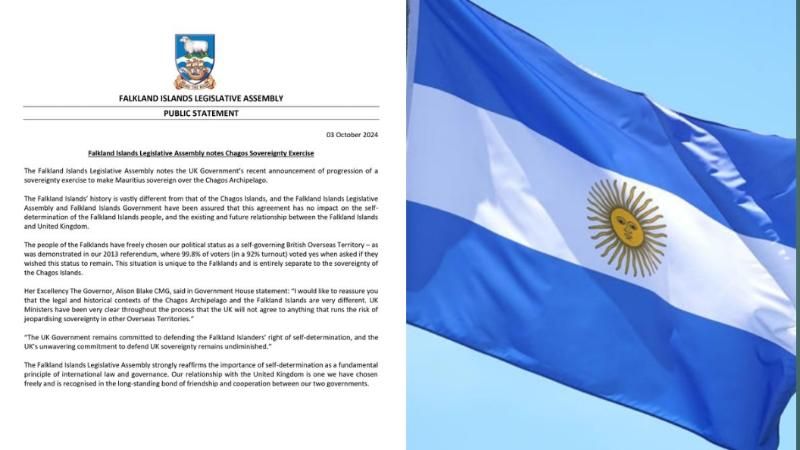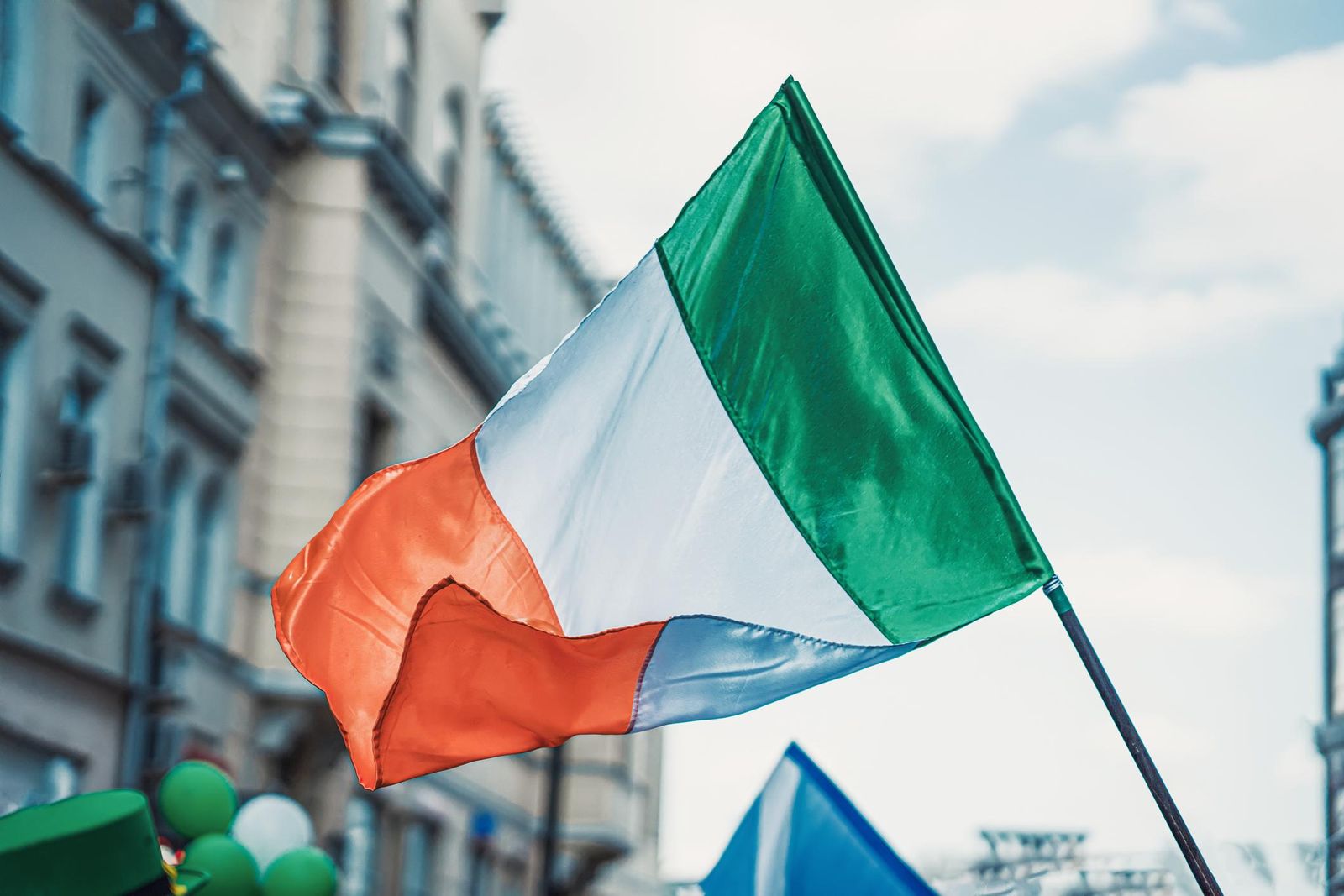In a statement earlier on Thursday, Falklands governor Alison Blake sought to reassure residents that Britain’s commitment to the South Atlantic territory was “unwavering”.
She said the historical context of the two territories was “very different”.
The UK Government said earlier it had reached a political agreement with Mauritius over the Chagos Islands, also known as the British Indian Ocean Territory, following negotiations which began in 2022.
Mauritius will assume sovereignty over the archipelago while the joint US-UK military base remains on Diego Garcia, the largest of the islands.According to the Foreign Office, the agreement guarantees the base's position as uncontested and legally safe. The "historic" agreement was hailed by US President Joe Biden, who claimed it would ensure "effective operation of the joint facility into the next century." Reactions to the agreement were divided; while some welcomed the resolution of a protracted and acrimonious debate over Britain's final African colony, others—including Tory leadership contenders—suggested it may jeopardize UK security. By 1973, the Chagossians were evicted from their homeland in the central Indian Ocean to make room for the military installation.The expulsions are regarded as one of the most shameful parts of Britain’s modern colonial history and Chagossians have spent decades fighting to return to the islands.
The United Nations’ highest court, the International Court of Justice, previously ruled the UK’s administration of the territory was “unlawful” and must end.
Meanwhile, the shadow of the Falklands war hands over UK-Argentine relations, with Buenos Aires invading in 1982 and claiming it inherited the islands from Spain in the 1800s.
The conflict resulted in 655 Argentinian, 255 British and three Falkland deaths before British forces regained control.
A joint statement from the UK and Mauritius governments said the new deal will be subject to a treaty that will “address wrongs of the past and demonstrate the commitment of both parties to support the welfare of Chagossians”.
The agreement over the continued UK-US military presence on Diego Garcia is expected to run for 99 years with an option to renew, with Britain paying a regular annual sum of money.
Overseas territories minister Stephen Doughty refused to spell out how much the deal would cost the British taxpayer, saying “full details will be set out in due course”.
A group of asylum seekers have been living on Diego Garcia since 2021 after they encountered difficulties while trying to travel by boat from Sri Lanka to Canada.
The British Indian Ocean Territory has been considering their claims for protection.
Mauritius would be responsible for any future arrivals under the new agreement.
Conservative former minister and frontrunner in the race to succeed Rishi Sunak, Robert Jenrick, said: “It’s taken three months for Starmer to surrender Britain’s strategic interests.”
Former foreign secretary James Cleverly described the move as “weak, weak, weak” while former security minister Tom Tugendhat suggested it risked allowing China to gain a military foothold in the Indian Ocean.








.svg)



